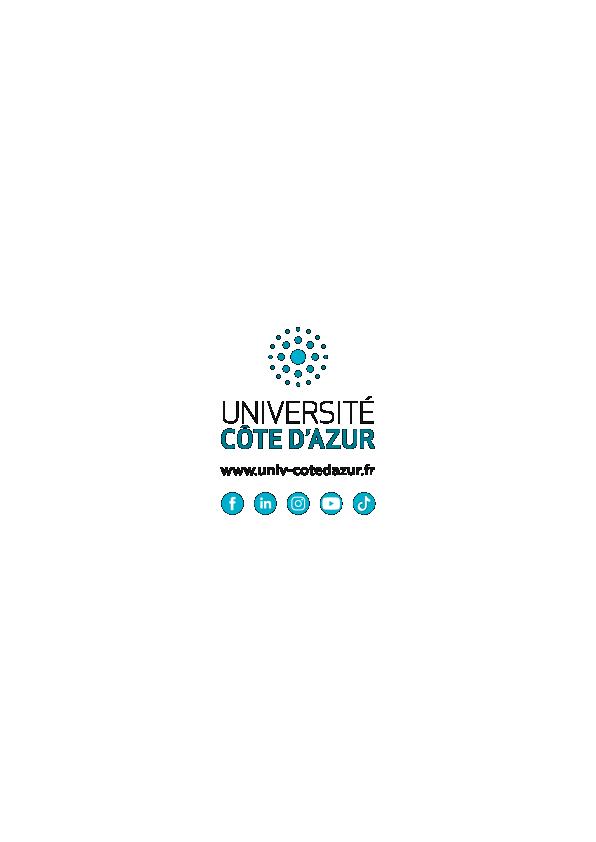
Collaborating internationally to capture data relating to SDGs




Achieving the Sustainable Development Goals (SDGs) requires coordinated global efforts, and universities play a pivotal role in driving research and innovation to address these complex challenges. In this context, collaborating internationally to capture data related to the SDGs is essential, as it enables universities to pool resources, expertise, and methodologies across borders. Such collaboration not only enhances the accuracy and reliability of global data but also fosters innovation and knowledge sharing.
By working together, universities contribute to a unified global impact, supporting evidence-based policymaking and promoting equitable progress toward sustainable development across all regions. More specifically, international collaboration among universities is essential to capture comprehensive, accurate, and actionable data related to the SDGs. It fosters innovation, ensures more reliable research outcomes, promotes equitable global progress, and amplifies the collective impact of academic institutions on achieving these critical global goals.
As such, Université Côte d’Azur commits at an institutional level to collaborate internationally to capture data relating to SDGs. To that end, UniCA designed a policy relying on 6 pillars and 13 key commitments:
- Global Data for global Impact
- Pool expertise
- Improve Data Accuracy and Reliability
- Promote Innovation and Knowledge Sharing
- Building Capacity where access to data can be compromised
- Supporting Policy and Decision-Making
These commitments are deployed at the international level through our institutional commitment such as, but not limited to:
- The Observatory Radar
- The U7+ working groups
- Horizon Europe projects
- DG2 network
- European University Association

1. Global Data for global Impact.
Considering that, the SDGs go beyond borders, and addressing them effectively requires a comprehensive understanding of their complexities across different contexts.
Université Côte d’Azur is committed to:
- Collaborate internationally, universities to gather diverse datasets that reflect regional variations and global trends.
- Carry out a holistic view to allow for more effective solutions that are adaptable to different regions and countries
2. Pooling Resources and Expertise
Considering that, no single institution, regardless of its resources, can effectively tackle all the SDGs on its own and that Institutions in different parts of the world bring unique perspectives and strengths.
Université Côte d’Azur is committed to:
- Leverage international collaboration to pool expertise, technology and resources
- Facilitate combining areas of expertise and dataset to ensure that research on the SDGs is more comprehensive and impactful.
3. Improving Data Accuracy and Reliability
Considering that capturing high-quality, accurate data on SDG progress can be challenging, especially in regions where data infrastructure is weak or inconsistent.
Université Côte d’Azur is committed to:
Help fill data gaps and ensure more reliable standardized data collection method
− Disseminate peer-review methodologies and any other means to improve the credibility of research to achieve the SDGs

Considering that international collaboration fosters an environment of innovation and knowledge exchange.
Université Côte d’Azur is committed to:
- Work together on SDG-related research to share best practices, innovative technologies, and solutions that have worked in different parts of the world.
- Support cross-border learning dynamics which helps accelerate progress on the SDGs by enabling faster adoption of proven strategies.
5. Building Capacity where access to data can be compromised
Considering that universities in some regions may face challenges in accessing data, research tools, and funding for SDG-related work
Université Côte d’Azur is committed to:
- Collaborate with those institutions and gain access to the expertise, technology, and training necessary to improve their own research and data collection capacities.
- Promote equitable development ensuring that all regions can contribute to and benefit from global progress on the SDGs.
Supporting Policy and
Considering that data gathered through international collaboration provides a critical foundation for evidence-based policymaking.
Université Côte d’Azur is committed to:
Make sure governments and organizations rely on accurate, globally representative data to shape policies and allocate resources effectively in line with the SDGs.
Play a crucial role in informing sustainable development policies that are both effective and inclusive.
− Support a larger, coordinated data set across institutions to enable more informed decision-making at the international level, helping shape global policies that align with the SDGs

Ulysseus observatory RADAR is a joint observatory built accross eight universities including Université Côte d’Azur from eight different countries (France, Spain, Slovakia, Germany, Montenegro, Finland, Italy, Austria) was created to support data sharing within Ulysseus at two level:
- accurate follow up, risk management and necessary adjustments of Ulysseus European University
- reference structure and instrument for foresighting, observing short and long-term changes in economy, society, job market and new skills and competences in coherence with the SDGs
Indeed, RADAR monitors and collect information on trends, including policy monitoring from the European Commission’s DG EAC and RTD, to ensure that Ulysseus adapts to state-of-the-art processes and increases its transforming capacity and impact.
To do so, RADAR gathers 12 Universities’ pedagogical, social, technological and economic experts in charge of evaluating Ulysseus goals and outputs taking into account SDGs, EU, national, regional and local trends and policies, and adapting Ulysseus accordingly. These include future policy papers on the European Education and Research Areas (European Strategy for Universities), the New Skills Agenda for Europe, the European Digital Education Action Plan, the European Charter of Fundamental Rights, the European Green Deal, the future White Paper on Artificial Intelligence, Erasmus +, Horizon Europe, as well as RIS3 and cites’ strategic plans, among others.
